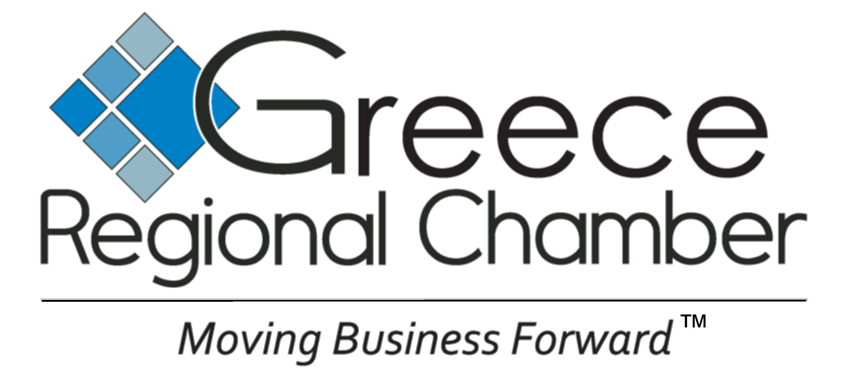Charting the Future of Green Transit Through Innovative Prototyping
Imagine a city where the air is clean, the streets are bustling with electric buses gliding silently by, and the skyline is dotted with green rooftops. This isn’t a distant utopia but a tangible reality within our reach, thanks to the sprawling advances in green transit technologies. Prototyping these green transit solutions is not just a futuristic endeavor but a present-day necessity, driving both innovation and sustainability. In this article, we delve into the myriad ways cities across the globe are reimagining their transit systems.
Reimagining Urban Spaces with Green Transit Principles
Incorporating green transit systems into urban planning is crucial for promoting sustainability and reducing emissions. By prioritizing public transit over single-occupancy vehicles (SOVs), cities can significantly decrease their carbon footprint. For instance, hydrogen and electric buses offer efficient and eco-friendly alternatives to traditional fossil-fuel-powered vehicles. As urban areas continue to grow, integrating these green transit systems into city planning not only fosters environmental sustainability but also ensures more streamlined and user-friendly transportation solutions.
Streamlining Business with Efficient Document Management
Implementing a document management system for your business streamlines the organization and retrieval of important files, improving overall efficiency. By centralizing documents in a digital format, employees can access and share information more easily. One key benefit is saving documents as PDFs, which ensures that formatting remains consistent across devices and platforms. There are online tools available to convert to PDF, making it simple to ensure your files are in a universally accepted format. You can even use tools that allow you to drag and drop files for quick and easy conversion, eliminating the need for complex software.
Revolutionizing Transit with Modular Vehicle Designs
By adopting modular vehicle designs, you enable the easy exchange of significant components, making vehicle upgrades and maintenance more efficient and environmentally friendly. This approach allows manufacturers to offer customizable options, such as different headlights, bumpers, or rims, without substantial cost increases, greatly enhancing customer satisfaction. Modular designs also play a pivotal role in sustainability by facilitating the reuse and recycling of parts, thereby cutting down on waste and production emissions. For instance, the Volkswagen Group’s MQB platform and already demonstrates how shared core components can support diverse vehicle types while improving performance and reducing manufacturing complexity.
Creating Sustainable Communities with Transit-Oriented Development
By supporting transit-oriented development (TOD), you can foster the creation of sustainable and walkable communities. TOD emphasizes the integration of residential, commercial, and recreational spaces within walking distance of transit stations, reducing car dependency and promoting vibrant urban environments. Higher-density developments around transit hubs maximize land use efficiency and foster a robust transit ridership base. These strategies not only enhance livability but also contribute significantly to reducing greenhouse gas emissions and traffic congestion.
Surmounting Challenges in Renewable Energy for Transit
Integrating renewable energy sources into transit systems presents significant challenges, yet viable solutions are emerging. One major hurdle is the substantial upfront investment required, which is often a barrier for municipalities with tight budgets. However, government incentives and policies are increasingly providing the necessary financial support to make these transitions feasible. Additionally, advancements in technology, such as photovoltaic noise barriers and smart planning systems, are helping overcome operational challenges and improve energy efficiency.
Weighing the Benefits of Green Transit Solutions
When you examine the cost-benefit aspects of adopting green transit technologies, the findings are compelling. Transitioning to electric and automated bus fleets can significantly reduce greenhouse gas emissions. These environmental benefits are coupled with economic savings, as reduced fuel consumption and lower maintenance costs help municipalities save money over time. Moreover, investment in green transit not only supports sustainability objectives but also generates job opportunities and stimulates local economies. By considering these factors, government bodies can make informed decisions that advance both fiscal responsibility and environmental stewardship.
Cutting Emissions with Advanced Transit Materials
By integrating state-of-the-art materials like aluminum and advanced battery technology, you can significantly cut down the carbon emissions of public transit vehicles. For instance, utilizing aluminum in the bodywork of buses not only reduces weight but also enhances fuel efficiency, leading to lower greenhouse gas emissions over the vehicle’s lifecycle. Such innovations allow electric buses to operate more sustainably, decreasing reliance on fossil fuels and improving air quality. These strategic material choices, supported by ongoing research, demonstrate that embracing advanced materials is crucial for building a greener future in public transportation.
As we stand on the brink of a greener urban future, the importance of prototyping in green transit cannot be overstated. Through forward-thinking urban planning, innovative vehicle designs, and strategic integration of renewable energy, we are crafting the blueprint for cities that prioritize both the planet and the people. The journey towards sustainable transit is a mosaic of collaborative efforts, where each strategy interlocks to create a vibrant, efficient, and environmentally responsible landscape. By continuing to push the boundaries of what’s possible, we can transform our transit systems and, consequently, our urban lives for the better.
Discover exciting new opportunities and grow your business by joining the Greece Regional Chamber of Commerce today!









